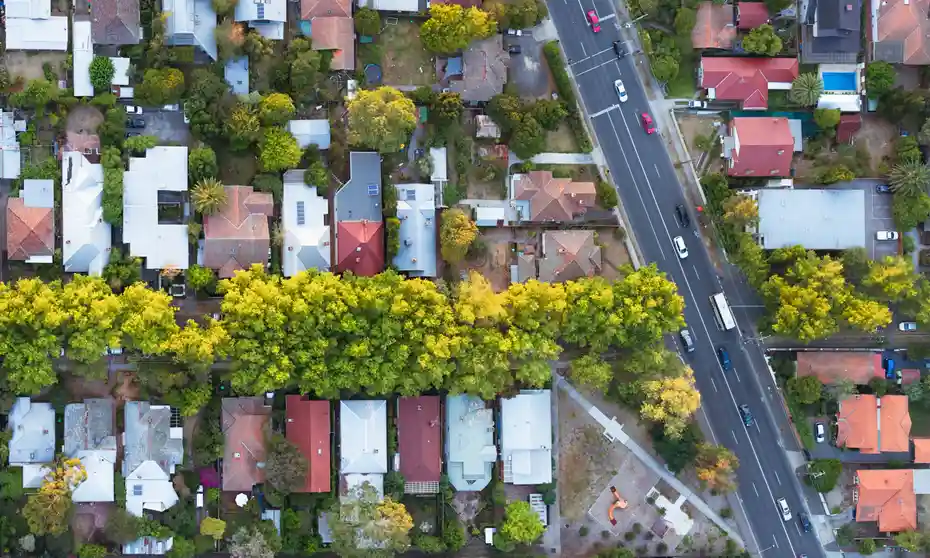According to the latest government data, the average UK house price is almost 10% larger than it was last year as of March 2022. The sharp rise seen over the past year is slowing down, however, and some economists are predicting that it will fall over the coming years.
In this brief article, we’ll be deep diving into the factors driving the current exuberant market, before exploring why everything may soon change.
Why are house prices high in 2022?
The property market experienced a boom in 2021 when the government temporarily cut stamp duty. Over a period lasting from July 2020 to June 2021, the public had the opportunity to benefit from reduced rates when purchasing property.
Naturally, homebuyers rushed in to take advantage of the thousands in potential savings that this offered. This stamp duty holiday resulted in a more volatile housing market. Yet even after this brief period had come and gone, the average house price has continued to rise.
According to some speculators, the reason could partly lie in how the pandemic has changed daily life. Many people have embraced hybrid working over the pandemic and spend more time at home than ever before.
This is driving up the demand for properties with more space to accommodate homeworkers, as well as gardens that allow for some time spent outdoors.

Why might house prices fall in the coming years?
With global supply chains in chaos owing to the coronavirus crisis and further exacerbated by the war in Ukraine, inflation is at a 40-year high that could last for years.
The Bank of England fights inflation by raising interest rates. It’s their way of discouraging the public from buying. With fewer buyers and therefore less demand in the market, vendors have no choice but to lower their prices. If this happens on a large enough scale, then inflation falls.
With inflation at record-breaking levels, we can only expect to see the Bank of England hitch interest rates up even higher. Yet higher interest rates make all forms of borrowing money more expensive long term – including mortgages.
Almost paradoxically, it’s this greater overall cost of buying a house that could lead to a decrease in house prices.
Faced with the prospect of paying more money over the years, payments for additional services such as conveyancing solicitors who oversee the transfer of property ownership, and the greater cost of living now, the public is more likely to save their money rather than buy a house.
And with fewer buyers in the housing market, house prices will drop.
How have house price rises affected you? Share your experience in the comments section.






